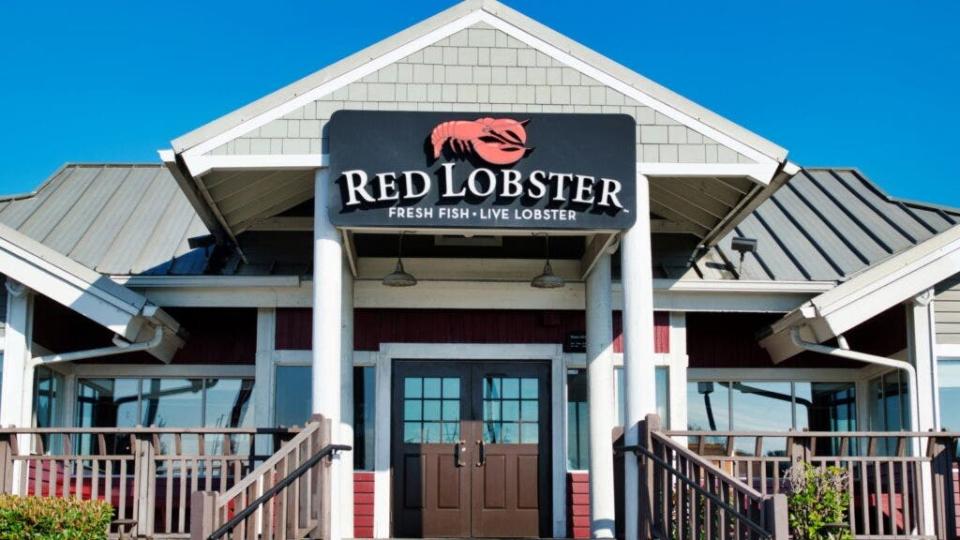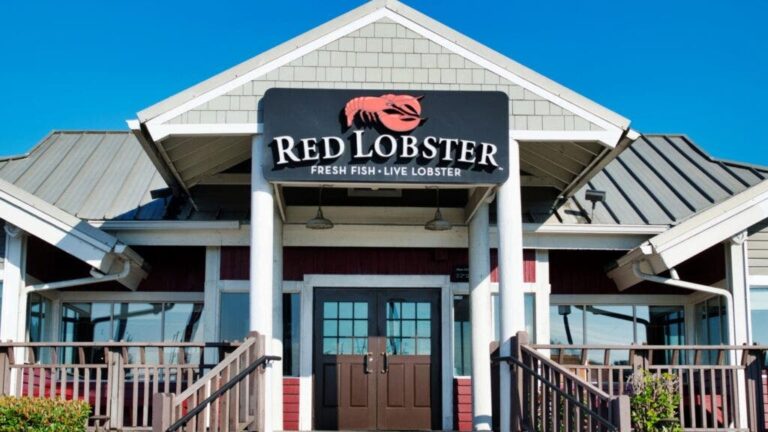
When venerable restaurant chain Red Lobster announced it had filed for bankruptcy and would close dozens of locations, the news came as no surprise. Red Lobster had been struggling for years, and the filing came on the heels of a highly publicized and equally ill-fated “all-you-can-eat shrimp” promotion. While the shrimp promotion may have played a role, a deeper analysis revealed that a failed real estate deal doomed Red Lobster.
In 1968, Red Lobster pioneered the semi-casual fine dining trend that would dominate the American restaurant scene throughout the 1980s, '90s and into the early 2000s. A fixture in shopping malls across the country, the chain carved out a niche for itself by offering lobster and other premium seafood at affordable prices to everyday Americans. It also became known for its delicious Cheddar Bay Biscuits.
do not miss it:
Unfortunately for Red Lobster, as foodie culture spread across the country and Americans' overall palates began to become more sophisticated, the chain became a thing of the past. By the 2010s, Red Lobster was in serious trouble, and its original owners sold it to San Francisco-based Golden Gate Capital in 2014.
Golden Gate was unable to turn things around and began selling its shares to seafood conglomerate Thai Union in 2016. On the surface, the deal made a lot of sense: Thai Union was in the seafood business, and owning one of the most famous seafood restaurants in America gave it a long-term customer for all of its products.
Thai Union first acquired a stake in Red Lobster in 2016 for $575 million, then joined a private consortium to buy Golden Gate outright in 2020. The timing couldn't have been worse: The COVID pandemic has devastated the American restaurant industry, and Red Lobster is no exception. According to the company's bankruptcy filing, restaurant traffic is 30% below pre-pandemic levels.
trend: Real estate investing just got a lot easier. This Jeff Bezos-backed startup Become a homeowner in just 10 minutes. All it takes is $100.
The steep decline in customers is devastating for any restaurant, but it's been even more devastating for Red Lobster. The reason for this dates back to Golden Gate's original deal to acquire Red Lobster, which bought the chain for $2.1 billion, funded in part by a major real estate deal.
Under the terms of the deal, Golden Gate sold the real estate holdings of 500 Red Lobster stores to American Realty Capital for $1.5 billion, then leased them back. The transaction, known as a sale-leaseback agreement, saw Golden Gate become a tenant of American Realty Group, and many of the stores were required to pay 2% annual rent increases under the 25-year leases.
To make matters worse for Golden Gate, the lease was triple net, meaning that in addition to rent, Golden Gate would also be responsible for paying property taxes, insurance and maintenance for the 500 locations it leased. This was a great deal for American Realty Group and paved the way for it to gain ownership of Golden Gate, but it left little room for error or lost profits.
Industry analysts were quick to sound the alarm. “Let's be clear: Why buy a brand that's seeing severe sales and profit declines and then have to shoulder the rent?” wrote Jonathan Mays of Restaurant Finance Monitor, noting that Golden Gate's estimated $118.5 million in annual rent represents roughly half of the franchisee's annual revenue.
By the time the pandemic was over, Red Lobster's revenues were declining and triple net lease payments were eating into Red Lobster's meager profits. That's when Red Lobster's current owner, Thai Union, a major shrimp wholesaler, began pushing its now-infamous $20 all-you-can-eat shrimp promotion.
The promotion was a hit with shrimp lovers, who flocked to Red Lobster and ate more than $20 worth of shrimp, and it was the final straw for Red Lobster. But it's far more likely that the seeds of Red Lobster's downfall were sown in a disastrous sale-leaseback deal in 2014.
Continue reading:
Up your stock market game with Benzinga Pro, the #1 “News and Everything Else” trading tool in the “Active Investor's Secret Weapon” – Start your 14-day trial now by clicking here.
Want the latest stock analysis from Benzinga?
This article, “It Was a Failed Real Estate Deal, Not a Food Deal, that Killed Red Lobster” originally appeared on Benzinga.com.
© 2024 Benzinga.com. Benzinga does not provide investment advice. All rights reserved.


